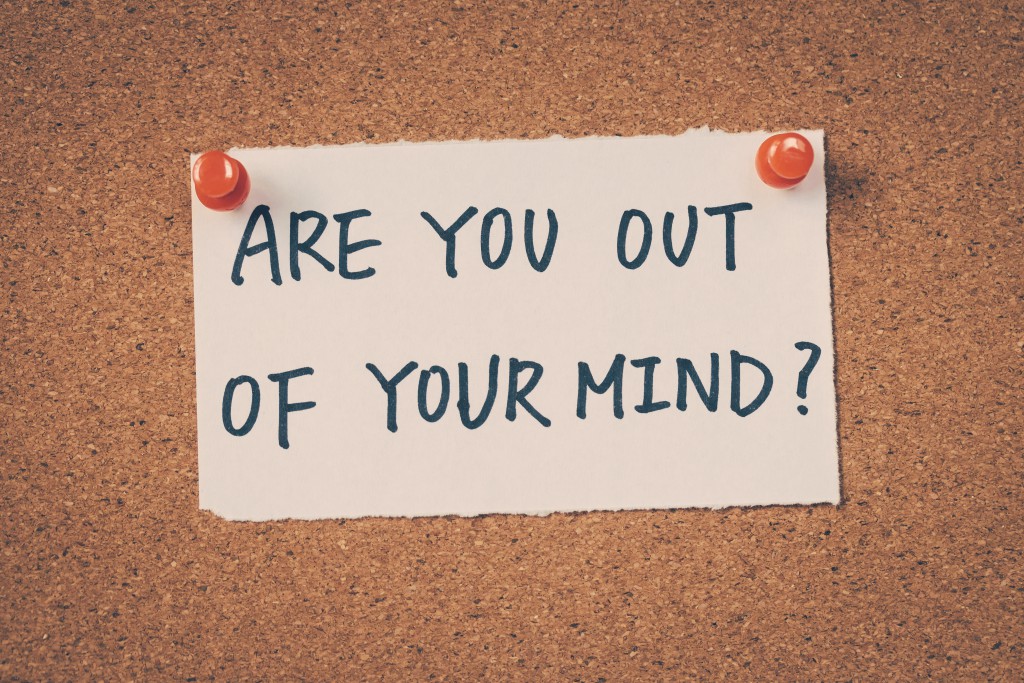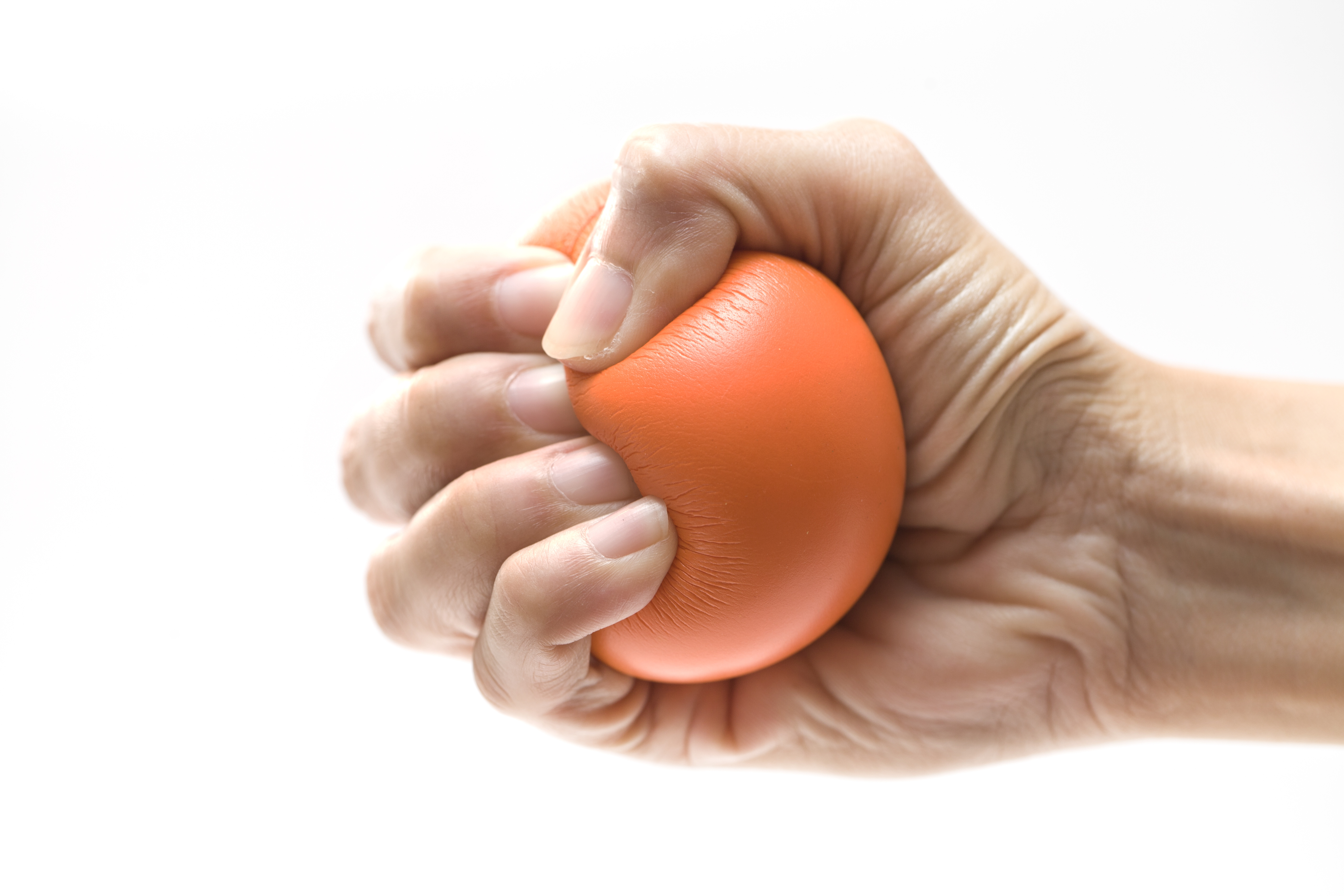Throughout my experience of depression, I’ve had to stomach old-school attitudes towards mental health. The times I heard the phrase “snap out of it”, “be more resilient” or “read this self-help book”, made me want to scream. While things are getting better, the stigma towards mental health is still strong and dealing with it is part of the sufferer’s journey.
Depression is not just a matter of being sad, or feeling down. We all get that. The point is it is about a wider sense of sadness that is prolonged and destructive. It doesn’t just hit you. Rather it’s a culmination of experiences in your psyche where up to a point the dam you build in order to cope breaks and you are flooded with a medley of nasty emotions; sadness, fear, self-hate (really important to note depressed people are battling themselves more than any other person) and anxiety. You have no power over it at the time.
I often come across people – including educated medical professionals – who lambast such feelings as a sign of being weak and self-pitying. My father is from that stiff upper-lipped generation who prescribe resilience and a good dose of emotional suppression to keep you going. Others take the more prosaic approach and suggest rolling up your sleeves and doing something about the sadness you are feeling. In some part that is true but for the depressed it’s hard to see through the grey mist and find a solution. You are anchored by such overwhelming sadness- how do you feel your way through the dark?
To be depressed is to be human. Instead of judging sufferers or treating them with condescension, you should learn from them because you never know when the shoe will be on the other foot.
The truth is you will NEVER know what it feels like to be depressed until you go through it yourself. AND here’s the scary bit: you think you’re tough and mentally healthy but the litmus test is when life throws you a mahoosive curve ball out of nowhere.
I got to thinking of some of the knee-jerk reactions towards depression and here is what I say.
“Depression is a sign of weakness”
When I read last summer about Robin Williams’ death, I could not believe such a confident, funny, popular person felt so crap about himself that he preferred death. What did he have to be sad about?
Then Stephen Fry, the comic genius with cutting wit, admitted to being bipolar and suicidal, and you just can’t fathom how or why given his success and intelligence. Owen Wilson, Einstein, Abraham Lincoln, Edvard Munch are all part of a stellar list of mental health sufferers.
In some way knowing that I am in the company of such intelligent, gifted stars allows me to ditch the inferiority complex and realise it can happen to anyone.
“Those suffering from ill-mental health are a danger to society”
When it emerged that Germanwings pilot Andreas Günter Lubitz had purposely crashed flight 9525 as part of a suicide mission, the media were cruelly judgmental. Daily Mail called him a mass killer and other stories gouged out his entire personal life making a big song and dance about his battle with depression. At the time the story came around it made people very angry. They said it was a selfish act to end innocent lives in order to enact a very personal agenda. I won’t disagree with that, but it is an EXTREME case of mental health disorder. Most times those who suffer from depression, bipolar or schizophrenia, are a danger to themselves. It’s no excuse but there are many things that could trigger this kind of act and in this case depression is just one underlying motive. In reality we’ll never know. What we do know is that depression is linked to a deep hatred of oneself. The pain is rarely directed outwards. In fact, I would bet my bottom dollar that every time you read about a celebrity overdosing, checking in to rehab or worse committing suicide, a mental health disorder is the cause. All these forms of addiction are a type of self-harm and self-escapism, because you are your own worst enemy.
“Depression is a self-centred condition”
If therapy has taught me anything, it’s that being a bit self-centred can be a good thing. But in this case it’s about making yourself a better person. My high school’s motto is: “He who conquers himself conquers all”. That is the reward for dealing with depression. For anyone taking the steps towards recovery, depression teaches you a lot about yourself, confronting your fears, having the courage to change unhealthy patterns. You learn to be more empathetic and compassionate towards others. To rid yourself of it you have to look outward and enjoy the present, the simple pleasures in life and to realise how precious every loved one in your life is. I have grown a wisdom about my emotions and am facing my demons. For far too many that is too much. But I would rather that than find myself at the end of a rope.
The fact that I and many people are doing something about it means we will be able to face things better. It will teach us to be kind to ourselves and ultimately others. I’d rather that than revel in denial or addiction.
Because I want to end on a more positive note the last part of Dark Passenger is devoted to my own methods of coping with mental illness. It’s not fail proof but there are some good tips!





No Comments